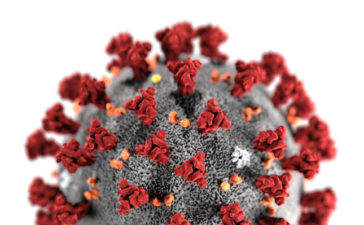NEW DELHI: The problem of weight gain is not to taken lightly, even though the unending and often too-good-to-be-true solutions coming from the ever burgeoning weight management industry seem to suggest so. Be warned — for a few extra kilos today can multiply tomorrow, putting you at increased risk of many diseases, including cancer.
They include cancers of the breast (in postmenopausal women), ovary, colon and rectum, liver, kidney, pancreas, gastric cardia, oesophagus (food pipe), and endometrium of the uterus, as well as advanced prostate cancer, cancers of the gallbladder and thyroid, and multiple myeloma (blood cancer) and meningioma brain tumour, according to a report by the World Health Organisation’s International Agency for Research on Cancer (IARC).
In fact, so enormous has been the burden of obesity-related cancers that in some countries in the western world, they account for close to half of all cancers.
”In India, up to one-fourth of all cancers (25 per cent) may be directly or indirectly linked to obesity,” Harit Chaturvedi, a cancer care specialist at Max Super Speciality Hospital at Saket, New Delhi, told IANS.
“The cases are more common in urban areas and metropolitan cities, where the diet is more rich in saturated fat content and lifestyle is rather more sedentary.”
“Obesity alters the intrinsic hormonal milieu, thereby disturbing the cell cycle control. “Moreover, an obese patient with cancer undergoing surgery is at higher risk of complications as compared to a lean person,” added Deep Goel, Director, Surgical Gastroenterology, Bariatric & Minimal Access Surgery, BLK Super Speciality Hospital in New Delhi.
Interestingly, or rather sadly, women are disproportionately affected by cancer attributable to obesity overall.
”Women are more at risk of obesity-related cancers because of periodic shift in the hormonal balance in their body. Also, the feminine body has more adipose (fat) tissue content which interacts with certain intrinsic factors making them more prone to cancers,” Chaturvedi said.
The IARC report highlights that the excess of energy intake over energy expenditure is the main driver of weight gain.
So, during adulthood, the maintenance of a stable body weight depends on theenergy derived from food and drink (energy intake) being equal to the total energy expenditure over time.
“This report shows that excess energy intake is the main responsible factor. Although genetic factors play a role, these cannot explain the upward trends in obesity rates, and in turn the report shows that increased physical activity alone cannot solve the problem,” said Isabelle Romieu, a scientist at IARC.





